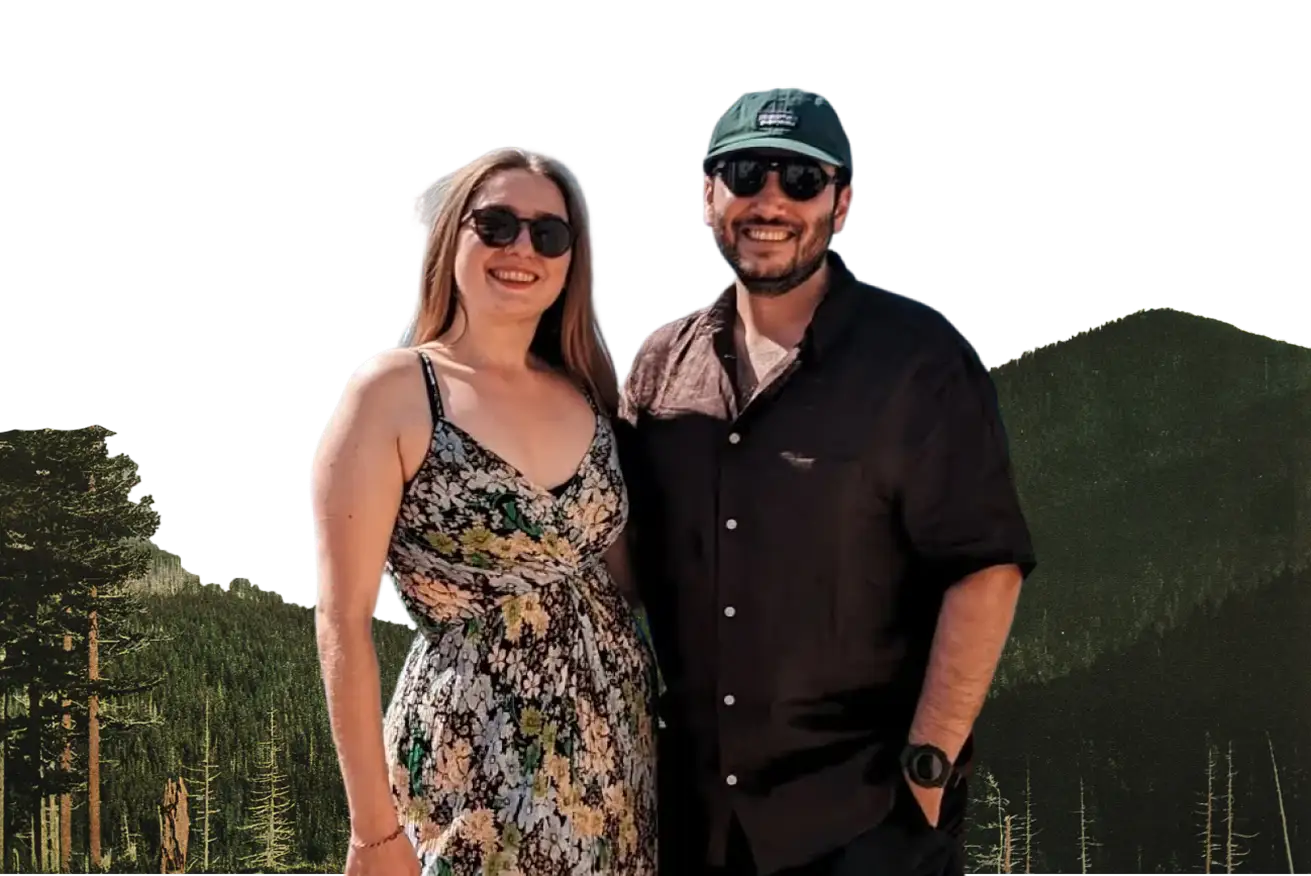Our journey through Turkey's Karadeniz (Black Sea) region in this Content Season has, we hope, unveiled some of the unique layers that make this area so captivating – from its Dramatic Landscape & Adaptation by its people, to its Unique Regional Identity, the traditions of its Highland Culture (yayla life), its vital Agricultural Lifelines like tea and hazelnuts, and its often Hidden Histories & Modern Impacts. As we, Ola and Riza, have found, exploring a region through articles and photographs is a wonderful starting point, but the journey of understanding can always go deeper, often enriched by the voices of writers and musicians who capture its spirit in different ways.
To help you continue your own engagement with the rich culture and stories of the Black Sea, we wanted to share a couple of recommendations – a book and a musical example – that have resonated with us and beautifully complement the themes we've explored. Think of these as further "seeds from the pomegranate," offering different pathways into the heart and soul of this distinctive part of the world.
Echoes of Ancient Wisdom: Kapka Kassabova – "Elixir: In Search of Cleansing, Cure and Ancestral Wisdom"
While not set directly in the Turkish Karadeniz, Bulgarian-born writer Kapka Kassabova's remarkable book, "Elixir," delves deep into the world of herbalists, healers, and traditional ecological knowledge in the Mesta river valley, which straddles Bulgaria and Greece – a region with historical and environmental parallels to the mountainous, biodiverse areas of the Black Sea. Kassabova, whom we admire for her immersive style and deep empathy (as seen in her previous books like "Border" and "To The Lake"), explores the lives of people who still maintain a profound connection to the healing power of plants and ancient ancestral wisdom. She investigates how this knowledge is passed down, the challenges it faces in the modern world, and its deep relationship with the local landscape and history, including the complex legacies of Ottoman rule and later political changes in the Balkans.
We recommend "Elixir" in the context of our Karadeniz series, particularly following our article "Mountain Pharmacy: The Healing Plants & Herbal Wisdom of Turkey's Black Sea Coast," because it offers such a rich, contemporary, and beautifully written exploration of similar themes. Kassabova's work gives a powerful voice to the often-unseen world of traditional herbal medicine and the people who are its custodians. It makes one reflect on the value of biodiversity, the importance of preserving traditional knowledge (often held by women and older generations), and the complex interplay between folk practices, official medicine, and cultural identity in regions that have experienced significant historical shifts. Reading "Elixir" can deepen your appreciation for the kind of herbal wisdom that has also existed for centuries in the Karadeniz mountains, even if the specific plants and traditions differ.
Ancient Folk Melodies, Modern Grooves: Altın Gün and "Ordunun Dereleri"
Music is such a powerful way to connect with the spirit of a place. For a contemporary take that often reinterprets traditional Turkish folk songs, including those with roots in or connections to the Black Sea region, the Amsterdam-based Anatolian rock and psychedelic folk band Altın Gün (Golden Day) is a fantastic discovery. They have gained international acclaim for their vibrant and innovative arrangements of older Turkish folk songs, blending traditional instruments and melodies with rock, funk, and psychedelic influences.
One song often in their repertoire, and a classic Turkish folk song, is "Ordunun Dereleri" ("The Streams of Ordu"). Ordu is a major city and province in the Turkish Black Sea region, known for its hazelnut production (as we explored in "Beyond Nutella: The rich history (& uncertain future) of Black Sea hazelnuts"). While Altın Gün's version is a modern reinterpretation, listening to it (and then perhaps seeking out older, more traditional recordings of the same song) can provide a fascinating bridge between past and present.
Folk songs like "Ordunun Dereleri" often carry stories of local life, love, hardship, or connection to the landscape. Altın Gün's work, by bringing these melodies to a new global audience with a fresh sound, highlights the enduring power and adaptability of traditional music. It’s a great example of Contemporary Resonance and Resilience, showing how cultural heritage can be kept alive and relevant for new generations. It might even inspire you to explore other Turkish folk artists or the distinctive sounds of Karadeniz music, often featuring the energetic kemençe (a type of Black Sea fiddle).
These few recommendations are, of course, just a starting point. The Karadeniz region, with its dramatic landscapes, unique cultures, and deep history, has inspired many writers, musicians, and artists. We hope that by delving into resources like these, your journey of understanding and connection with Turkey's Black Sea coast will continue long after you've finished reading our articles. The best explorations are often those that lead to new paths of discovery.
.svg)




